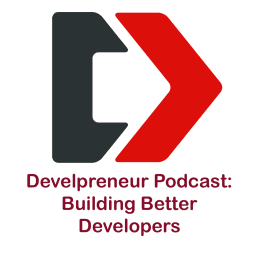In this episode, we continue our crawl through the fifth principle of the agile manifesto. Our focus switches from motivated individuals to the environment and the support they need. Motivation is great. However, we need to feed that and clear obstacles.
Build projects around motivated individuals.
Give them the environment and support they need,
and trust them to get the job done.
The Required Environment
Numerous factors go into a beneficial environment. These range from personality and emotional impact to the right tool for the job. History is littered with incredibly skilled teams and groups that failed due to an adverse environment or lack of support. Therefore, we should consider what makes a productive environment.
The simplest way to assess an environment is whether it is conducive to completing the required tasks. Thus, we return to the primary goal of satisfying the customer. Implementation is not automatically productive. We must make sure we are in line with the tasks that will satisfy our customers. The shortest path to achieving this goal is to remove obstacles that slow or deter the team.
Clear And Direct Communication
Once again, we find ourselves focusing on teamwork and communication. The groups and individuals involved in a project need to be “on the same page.” When we properly inform team members, we allow them to work to the best of their ability. Therefore, the team works as well as it can. Open the lines of communication for building consensus. Thus, everyone is comfortable highlighting obstacles. When this is accomplished, the team will be able to focus on the work required for the project.
More Than Removing Documentation
Administration and “red tape” can slow down progress in any project. However, that does not allow us to equate documentation or administration with a lack of productivity. Planning and stepping back to communicate status or ideas fully can help us plot the best route to completion. We may also need to invest in future work by taking steps that improve tracking and estimation. The key to clearing obstacles is first to define the actual barriers. Thus, there will be some tasks that are needed for overall productivity and progress, even though they do not directly do so. We want to give the team the support they need. On the other hand, we need to do so in a way that does not sacrifice long-term benefits for a short-term gain.

